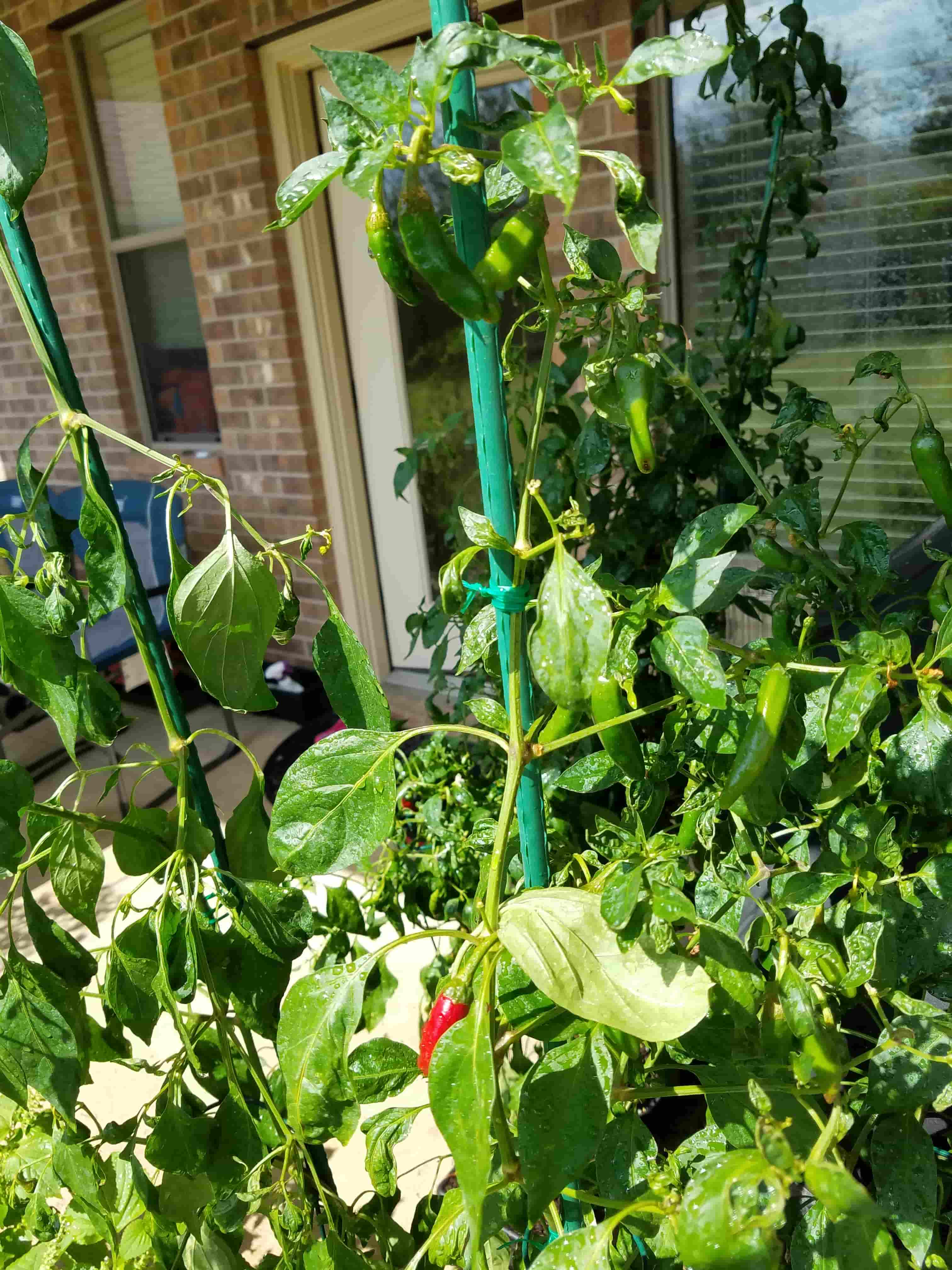
We’ve been hearing about “food miles” for a while now. Food miles is the distance food is transported from where it is made or grown until it reaches your table. It is one factor used when determining the environmental impact of food.
Lately, food miles was in the news again with a recently released study from some Australian researchers. They found that food-miles may produce up to seven times more emissions than we originally thought, making transportation responsible for almost 20 percent of total food system emissions. And when we think about fresh fruits and veggies, it’s even worse. They require temperature-controlled transportation, which increases emissions even more.
The G.I.Y. Movement
The answer is not to stop eating healthy fruits and veggies but rather, to look for opportunities to source them a little closer to home. We already talked about Farmers’ Markets in an earlier post as a good way to find great local produce and support nearby farmers. But another option is G.I.Y. or grow-it-yourself.
You don’t have to be a farmer or horticulturist to grow delicious vegetables, herbs and fruits in your yard, on your patio or even at a plot at a local community garden. Even without a green thumb, you might be surprised how easy is it to grow some tomatoes, berries, basil, sugar snap peas, rosemary and even lettuce.
One of the big benefits of grow-it-yourself (in addition to the literally just-picked produce from the pots on your deck!) is that you choose what to grow. We cook a lot of traditional Korean dishes and there are some ingredients we use, like perilla leaf, that are hard to find in a traditional grocery store, so we’ve had luck growing what we need.
How to Start
Of course, the internet is full of sites and videos that can show you how to create a backyard vegetable garden, but you can also check out community groups or even extension offices of state universities which often have classes or experts who can help. Another resource you shouldn’t underestimate is a quick conversation with a neighbor who seems to be able to grow anything or the staff at your local garden center.
If you’re planning to start your garden from seeds, (as opposed to plants that have already started) find out if there is a local seed library nearby. Seed libraries are places community members can get seeds for free or for a nominal fee. Start by asking your local public library if they operate a seed library. Many do.
Make it a family affair
Growing food is also a great way to get the whole family engaged in gardening and thinking about sustainability. Let each member of the family pick out something that they want to grow in the garden and involve them in planting, caring for, and ultimately harvesting the literal fruits of their labor. It’s something the family can do together and it’s a great learning experience for all.
So, get growing. Start that garden or those herb pots on the window sill to reduce your food miles. You may be surprised how much you enjoy it.




